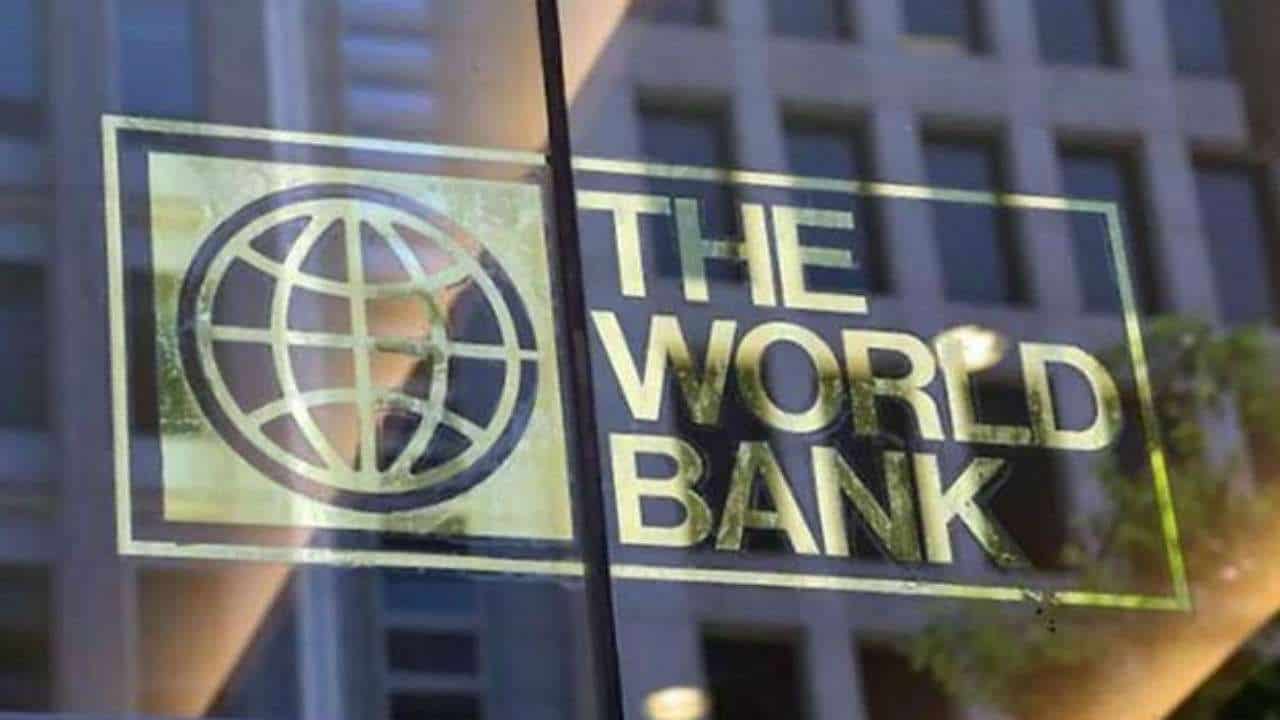DUBAI, UAE – The World Bank raised its global growth forecast for 2023 to 2.1 percent (in June 2023) from 1.7 percent (in January 2023), thanks to greater-than-expected flexibility in major economies.
In its latest report released in June 2023, the World Bank also expected the global growth to reach 2.4 percent in 2024, compared to 2.7 percent in January, citing the retreat from tightening monetary policies.
The World Bank said that global growth is expected to slow significantly in the second half of 2023. The possibility of widespread banking disruptions and tighter monetary policy may also lead to weaker global growth.
For the Middle East and North Africa, the World bank lowered the region’s growth forecast in 2023 to 2.2 percent from 3.5 percent.
The bank expressed optimism in the coming year, raising the expected economic growth rate for the region by 0.6 percent to reach 3.3 percent, before slowing again to 3 percent in 2025.
The report also mentioned that the growth rate in oil-exporting countries is expected to slow to 2 percent in 2023, a significant decrease from what was expected just six months ago, before rebounding to 3.2 percent in 2024.
Region’s expectations
As the boom that oil-exporting countries enjoyed as a result of higher prices and global demand for oil faded, growth in oil production slowed rapidly from the double-digit rates recorded in late 2022.
Saudi Arabia witnessed a decline in output growth from double-digit rates in mid-2022 to 3.9 percent in the first quarter of 2023, supported by non-oil activities.
In Qatar, economic growth slowed in early 2023 after achieving a 10-year high growth in the last quarter of 2022 supported by the FIFA World Cup, the World Bank report said.
The World Bank lowered Egypt’s growth forecast this year to 4 percent from January’s expectations of 4.5 percent, and for 2024 to 4 percent from previous expectations of 4.8 percent.
The economic growth rate for Morocco is expected to rise to 2.5 percent in 2023, up from 1.1 percent in the previous year, supported by resilience in the tourism and car production sectors.
The World Bank lowered the growth rate of Iraq’s economy to 1.1 percent in 2023.
The bank expects UAE’s economic growth to slow down to 2.8 percent in 2023, compared to 7.9 percent last year.
The World Bank’s expects Algeria’s economy to grow only 1.7 percent in the fiscal year 2023, 2.4 percent in 2024 and 2.1 percent in 2025.
The bank’s expects Tunisia’s Gross Domestic Product (GDP) to grow by about 2.3 percent in 2023, and 3 percent in 2024 and 2025.

